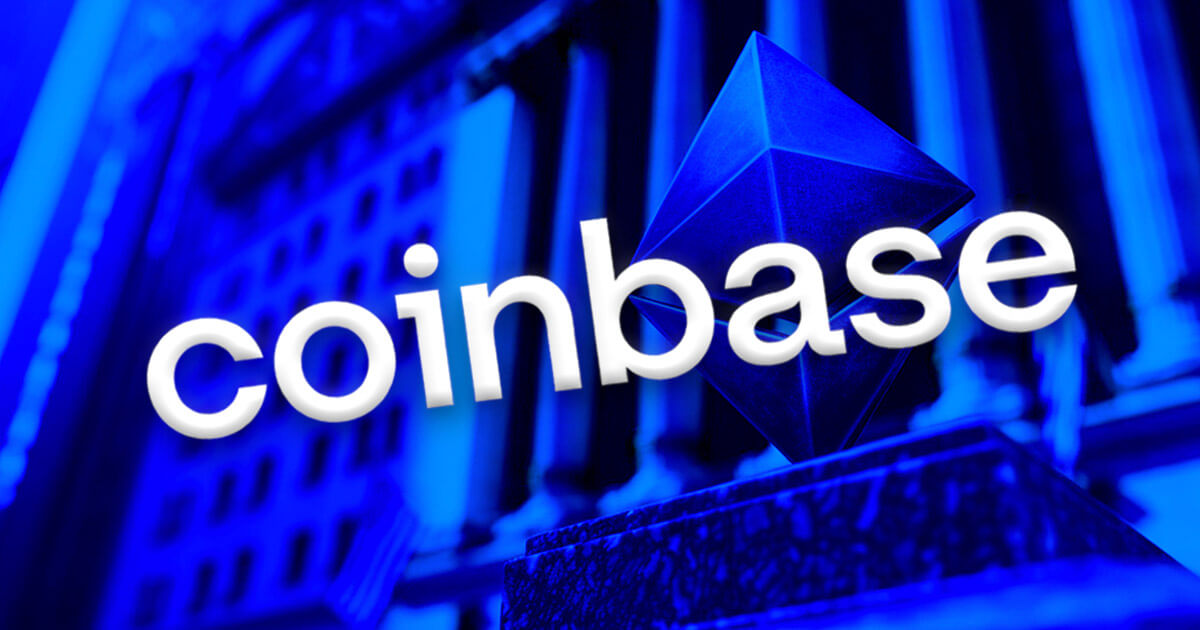Tron’s Justin Sun calls for Ethereum to impose a layer 2 tax and start staking to drive the price to $10,000.


Justin Sun, founder of the Tron network, has revealed an ambitious strategy to transform Ethereum’s ecosystem and push its price to $10,000.
In a January 22 post on
Sun’s Proposal
Sun’s main proposals include halting regular ETH sales by the Ethereum Foundation for at least three years. Instead of relying on asset liquidation to fund operations, he suggested leveraging revenue streams such as staking yields, decentralized lending platforms, and stablecoin-backed lending.
Sun said this approach would support deflationary conditions and boost investor confidence.
Another key aspect of his plan includes imposing significant taxes on layer 2 platforms. Sun estimates that this approach could generate $5 billion annually to fund ETH buyback and burn plans.
He wrote:
“All taxes collected will be used to repurchase ETH and burn it in a fully decentralized manner.”
Operationally, Sun proposed streamlining the Ethereum Foundation by reducing staff and retaining only the best talent. He believes this move will improve efficiency and focus resources on Ethereum’s core Layer 1 development while prioritizing scalability, security, and adoption.
Sun also plans to revise Ethereum’s rewards system. He proposed reducing node rewards and increasing fee consumption to keep the network deflationary while enhancing long-term value.
Sun expressed confidence that these changes could push the price of Ethereum to $4,500 in the short term and $10,000 over time.
He concluded:
“With these decisive steps, ETH is poised to surpass $4,500 within the first week, laying the foundation for long-term success.”
Ethereum Foundation Issues
Sun’s proposal comes amid intense scrutiny of Ethereum’s leadership and operations.
The Ethereum Foundation recently faced criticism for selling ETH to cover costs, sparking calls for alternative funding strategies.
Meanwhile, competing blockchain networks like Solana are gaining traction due to their ability to attract more developers and new projects, which is increasing pressure on Ethereum to innovate.
Internal governance issues have also become a focus, with critics calling for changes within the Ethereum Foundation. Concerns about leadership effectiveness have prompted calls for greater transparency and accountability.



